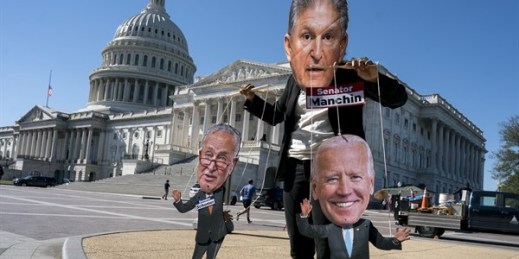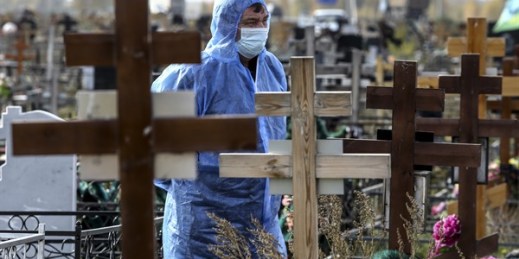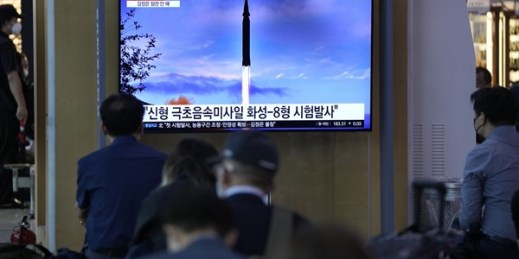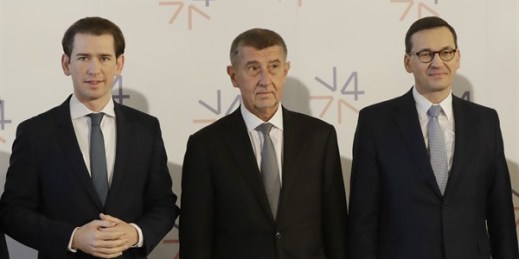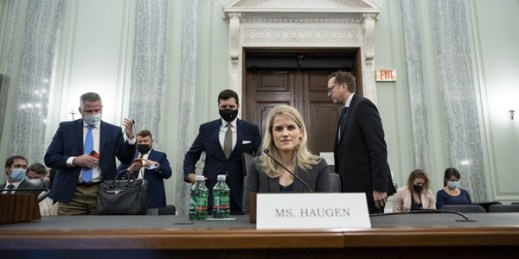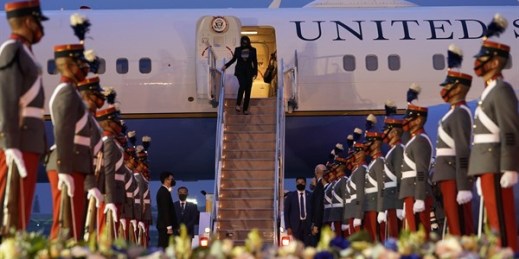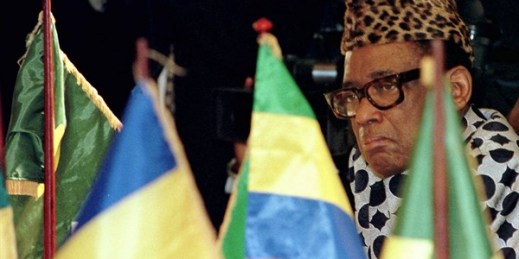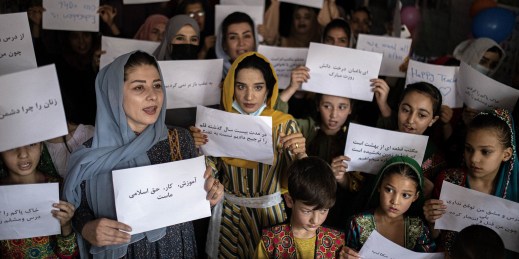
Last week, a group of Afghan women appealed to the United Nations, imploring it not to recognize the Taliban’s proposed ambassador to the global body as the representative of their country. “The UN needs to give that seat to somebody who respects the rights of everyone in Afghanistan,” Fawzia Koofi, a former Afghan politician and peace negotiator, told reporters. The group’s call was echoed by Ghulam Isaczai, the embattled ambassador appointed by the government the Taliban ousted, in remarks he made to the U.N. Security Council. “Women and girls in Afghanistan are pinning their hopes and dreams on this very […]





